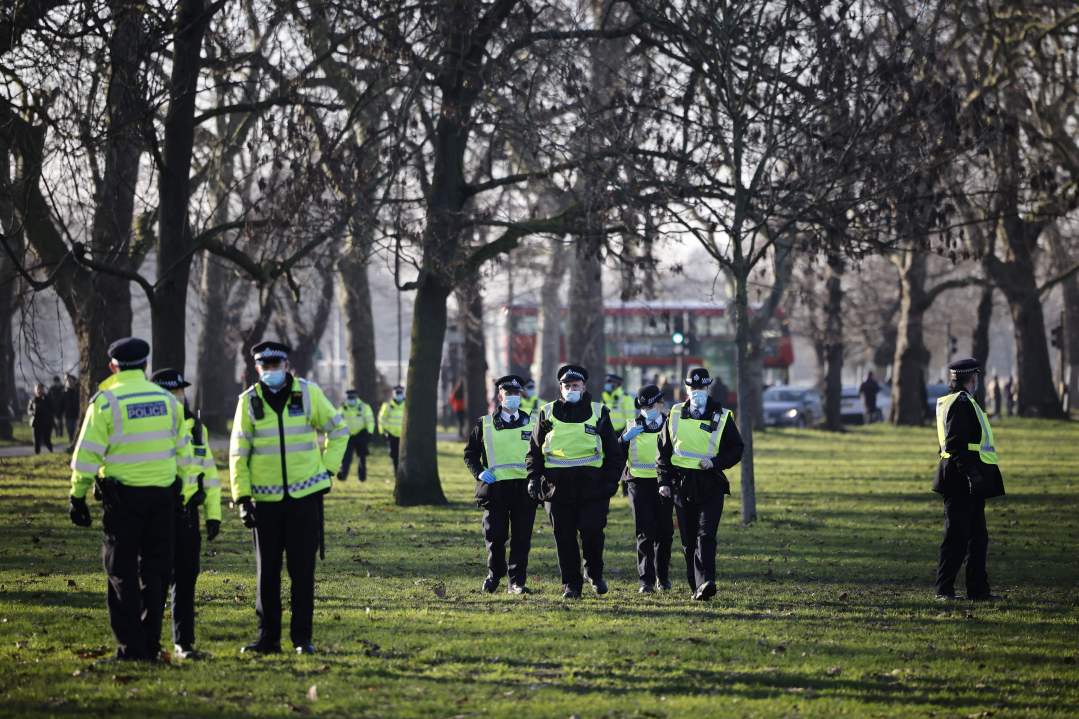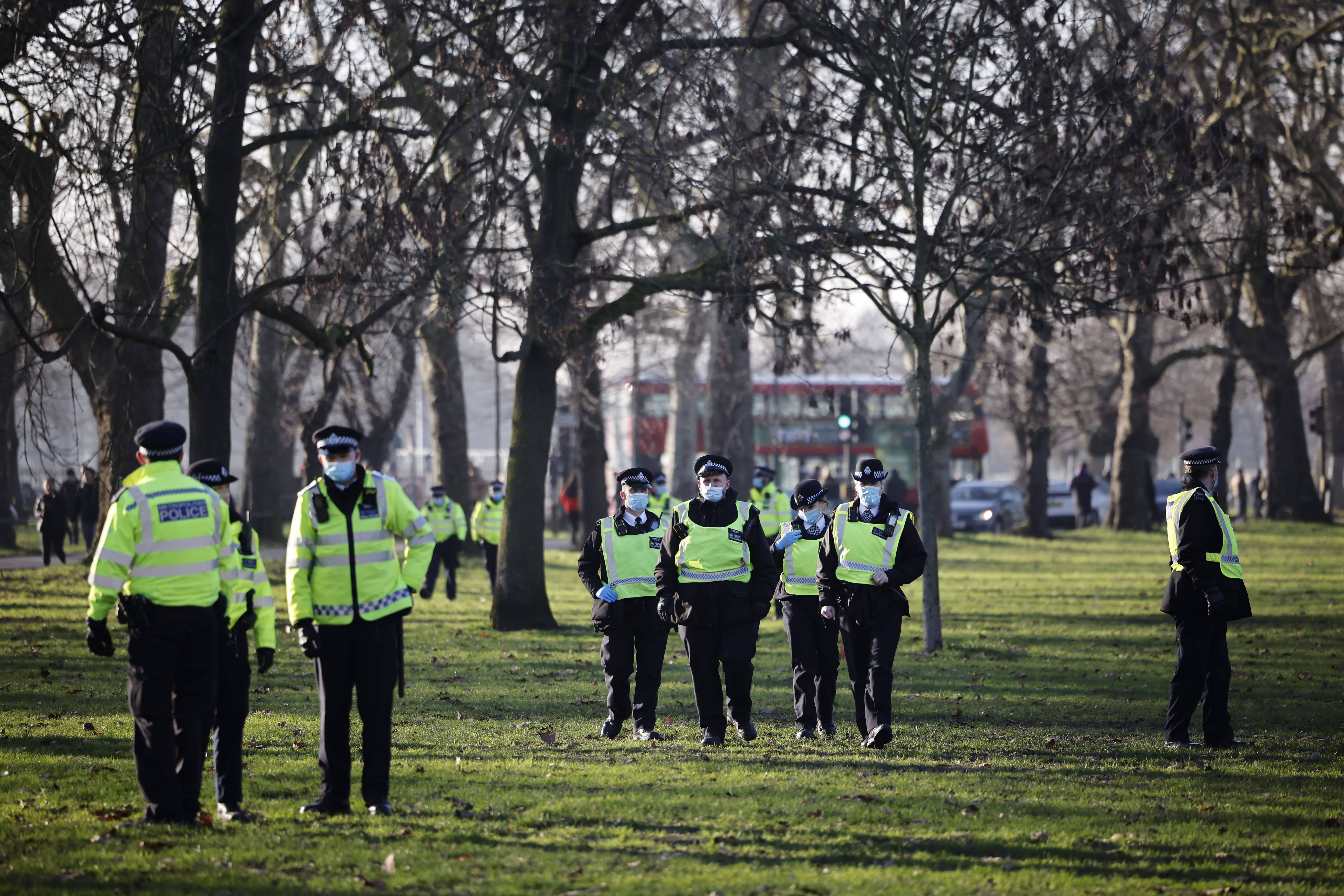Jessica Allen and Eliza Moore had a bad experience with the Derbyshire police last week. The two women met for a socially distanced walk roughly a five-mile drive away from their home. This resulted in the pair being ‘surrounded’ by police officers, who fined them £200 for leaving their local area and drinking takeaway coffee, which the officers classified as a ‘picnic’.
Since the story broke last week, the police force has backed down significantly and are reviewing their policies as a result of the incident. Allen and Moore were not, it seems, breaking any laws (although No. 10 and other departments remain unsure about how this fits into government guidance). Claims that coffee amounted to a picnic made the debate around Scotch eggs look credible. Under the latest lockdown legislation, meeting up with one other person to exercise is permitted (walking is exercise) and there is no law that prevents one travelling to do so.
The question is whether this will now change; ministers are discussing a tightening of the rules to get infection rates under control. Facemasks in offices may be on the cards, as may a ban on anyone exercising (i.e., walk) with a friend. On Sky News yesterday, Health Secretary Matt Hancock endorsed the actions of the Derbyshire police officers — another sign that the government is getting increasingly concerned over the limited levers they have left to pull in this lockdown. While the ONS estimates that infection levels are no longer rising in London, hospital numbers are still soaring.
Ministers may have their doubts about the effect of banning people from walking outside with a friend — but if hospital figures rise, the political pressure will be to do something. The problem is that options are limited if the government wants to stick to the lessons it learnt last spring. Hancock said in his interview with The Spectator last week that the takeaway from the last lockdown was ‘you have got to stay human’. So removing all social contact for those living alone or forbidding people from stretching their legs would, from the government’s own experience, be a step too far.
People are moving around more this time than in the first lockdown. But this isn’t necessarily a sign of disobedience. The ‘stay human’ clauses for Lockdown 3.0 mean nurseries are still open for young children (although Keir Starmer has said they should close). Freedom of worship is respected in England, with churches, synagogues and mosques free to decide whether to open or not. A lifeline to business has been cast, with commuting allowed if it is ‘unreasonable’ to expect someone to work from home. Charity and voluntary work is allowed, as are bubbles. So increased mobility doesn’t directly translate to rule-breaking.
But limited evidence that started rolling in over the summer suggested people were not taking the rules as seriously as they did in March. And if Professor Neil Ferguson is to be believed, up to 30 per cent of Brits have already had the virus — so they may well regard themselves at a lower risk of catching it again, impacting their behaviour.
As such, there will be a push this week to further use the police to underline the seriousness of the situation, including the faster issuing of fines for those seen to be breaking the rules — another attempt to control infection rates before more controversial restrictions are considered. But greater use of the police only reinforces the need for everyone — the public and officers alike — to stick to the rules. When so much liberty is suspended, it is crucial that those with power don’t take advantage of the situation. Any endorsement of police overstep, like the case of Allen and Moore, runs the risk of undermining broader efforts to get the virus under control.








Comments